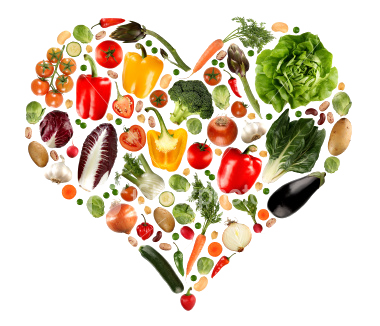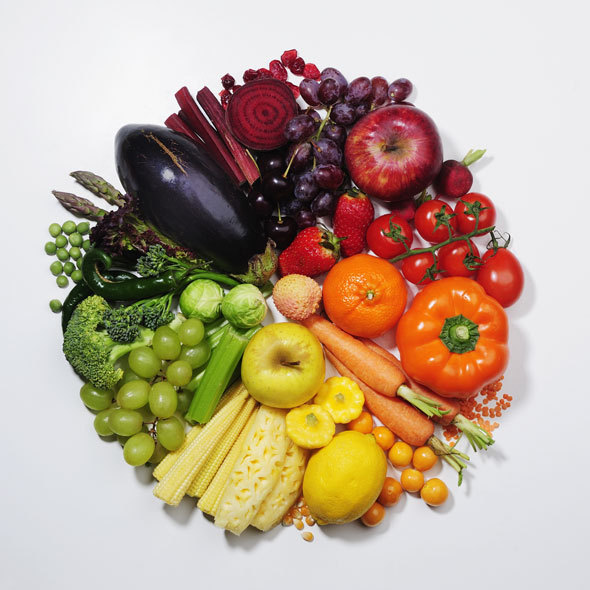Healthy Weights for Healthy Women
Healthy weight management for adult women is all about energy balance. That means eating smarter and moving more. Unfortunately, when trying to lose weight, busy women tend to limit some of the very foods they need the most. Here are some tasty ways to get the essential energizing nutrients your body craves and to cut back on unnecessary calories at the same time:
– Carbohydrates: The biggest problem with low-carb diets is they restrict your body’s preferred energy source. If you want to cut back on calories from carbohydrates, focus on reducing your intake of soft drinks, candy and sugar. To maximize your energy level and your long-term health, look to nutrient-rich carbohydrates. Enjoy the great taste of whole and fortified grains, fruits (2 cups), and vegetables (2 ½ cups) every day.
– Protein: Women sometimes cut back on protein foods to avoid fat. However, one of the most satisfying ways to eat and control weight is to include lean protein in every meal. Try low-fat dairy foods, eggs, meats, nuts and beans. Protein may be especially helpful in the morning. Add some protein to breakfast and you’ll probably be satisfied until lunchtime.
– Iron: Low iron intakes can lead to serious problems like iron-deficiency anemia, the most common nutrient deficiency for women and children. To prevent anemia and fatigue, be sure to get a minimum of 15 mg of iron per day. Pump up your intake with excellent iron sources, like lean red meat and iron-fortified cereals. Other good sources include poultry, fish, beans and leafy green vegetables.
– Calcium: It does a lot more than building strong bones and teeth. Getting enough calcium helps keep your heart and muscles strong and may help prevent high blood pressure and colon cancer too. Those are plenty of reasons to enjoy high-calcium foods, such as low-fat dairy, tofu, green leafy vegetables, and calcium-fortified fruit juices. Aim for at least 1,000 mg per day (more if you are younger than 18 or older than 50).
– Folic Acid: Every woman of childbearing age needs 400 µg of folic acid every day. That’s what it takes to reduce the risk of neural tube birth defects by 75%. Folic acid can also boost your immune function by producing disease-fighting white blood cells and help reduce your risk of heart disease. Get your folic acid from tasty, nutrient-rich foods, such as enriched grain products, whole grains, green leafy vegetables, oranges, berries, nuts and beans.
– Fish Oil: Omega-3 fatty acids, a type of unsaturated fat, have been found to be helpful in preventing sudden death from heart attacks. Fatty fish like salmon, mackerel, tuna and herring, contain two types of omega-3 fatty acids, DHA and EPA. The recommended intake for omega-3 fatty acids is 500 mg per day. That’s basically two 6-ounce servings of fatty fish per week.
– Slow and Steady Weight Loss for Heart Health: If you are overweight or obese, gradual weight loss offers the best results for overall health. Do not deny yourself everything at once. Subtract about 500 calories a day; you will lose about 1 pound a week. It doesn’t take much to see results; your overall health will improve noticeably with a 5% to 10% drop in weight. Get at least 30 minutes of regular exercise most days of the week; this will help with weight loss and keep your heart beating strongly.



